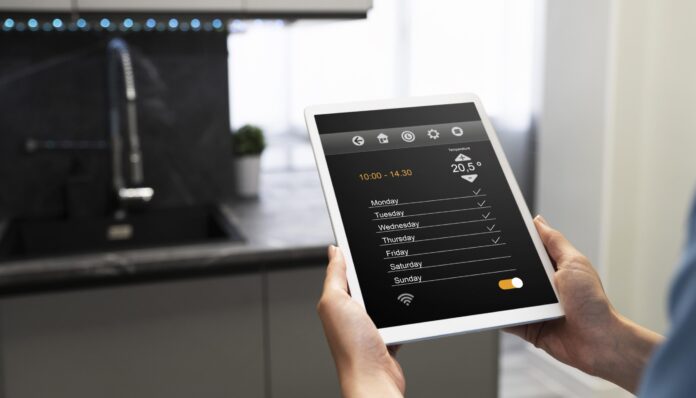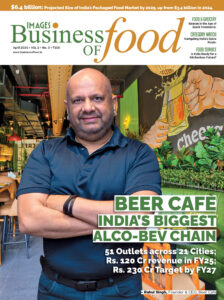In the last decade, kitchen technology has undergone a remarkable transformation. From refrigerators that track your groceries and notify you when items are running low to devices that automate cooking, technology has become an integral part of modern kitchens. These advancements have made cooking more efficient and intuitive, allowing us to save time and effort…




